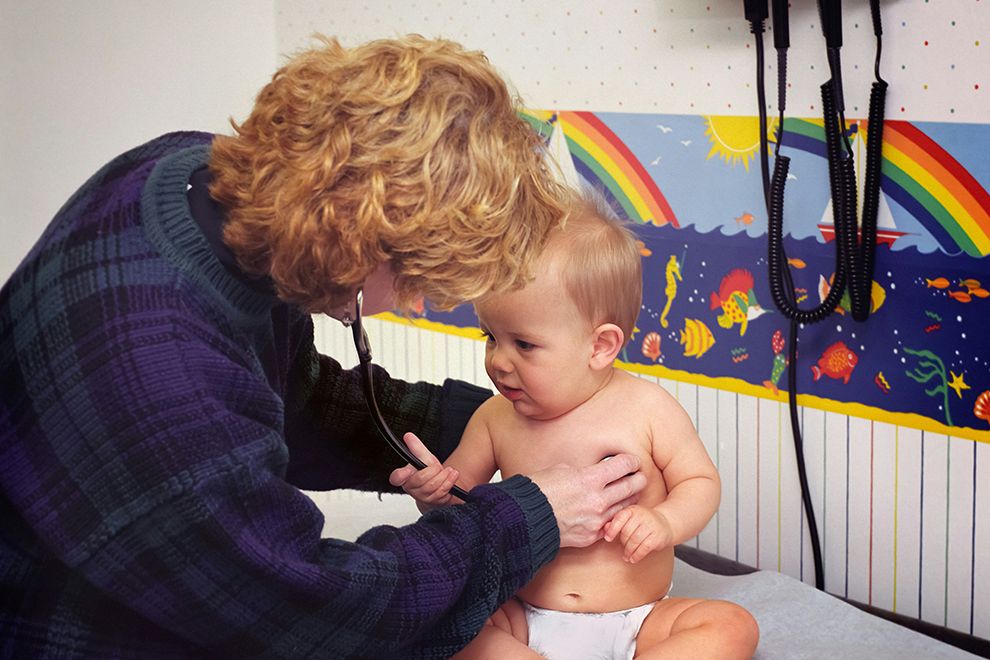Bedwetting, or nocturnal enuresis, can be very stressful for kids and their families, but the vast majority of the 8 million bedwetters between the ages of six and fifteen can be successfully treated.
Not considered a disease, bedwetting is a condition resulting in the night time loss of urine after age six, with no associated daytime loss of urine control. The incidence reduces as the child gets older, and most children will outgrow it – even without treatment – by age fifteen.
Treatment for bedwetting requires time, care, and sensitivity, but it almost never includes invasive procedures or surgery.
The primary cause for bedwetting is thought to be impaired arousal. That’s when signals from a full bladder to the brain do not awaken the child so he or she can get to the bathroom. Other factors include genetics, a physically small bladder, constipation, and eating or drinking after dinner. Consuming drinks with red dye, caffeine, or salt, such as sodas or sports drinks, also may increase the likelihood of bedwetting.
An evaluation starts with a detailed history in the doctor’s office. You might hear questions like, When was potty training completed? What are the child’s bowel habits? Is there daytime loss, urgency, or frequency? Does the child void before bedtime? Has he or she been dry for a period of six months or longer?
Occasionally, other tests may be ordered. These evaluations may include voiding studies, cystoscopy (examining the inside of the bladder with a slender lighted scope), MRI, or renal sonogram, among others.
If there is no daytime urine loss and the other evaluations are normal, we can be relatively sure that this is true nocturnal enuresis. But no matter the child’s age, the guilt and shame associated with bedwetting require an empathetic and caring approach on everyone’s part.
A treatment plan usually begins with fluid reduction in the evening, and behavior modification, with a parent or sibling acting as a coach. A moisturesensitive alarm may be used. While the child may remain asleep, the coach will respond and wake the child. After a sixto eight-week period, the brain should effectively re-wire itself to associate a full bladder with waking up.
Because bedwetting runs in families, many parents reading this might remember a similar strategy from their own childhoods. Don’t worry, technological advances mean today’s bedwetting alarm systems are smaller and lighter, with buzzers rather than alarm sounds.
If behavior modification is not successful, there are medications which can be effective, including desmopressin acetate (DDAVP) to reduce urine formation. Imipramine was widely used in the past, but should not be a first-line treatment.
Occasionally, children who have been dry for longer than six months will resume bedwetting, sometimes due to stress. It may result from a child’s efforts to deal with a death or divorce, loss of a pet, loss of a favorite blanket or toy, or from a physical condition.
Always remember: Bedwetting is a developmental condition. Parents should be understanding and supportive and never punish or ridicule children. If this is a source of frustration for the parents and child, the family should seek consultation with their physician.




